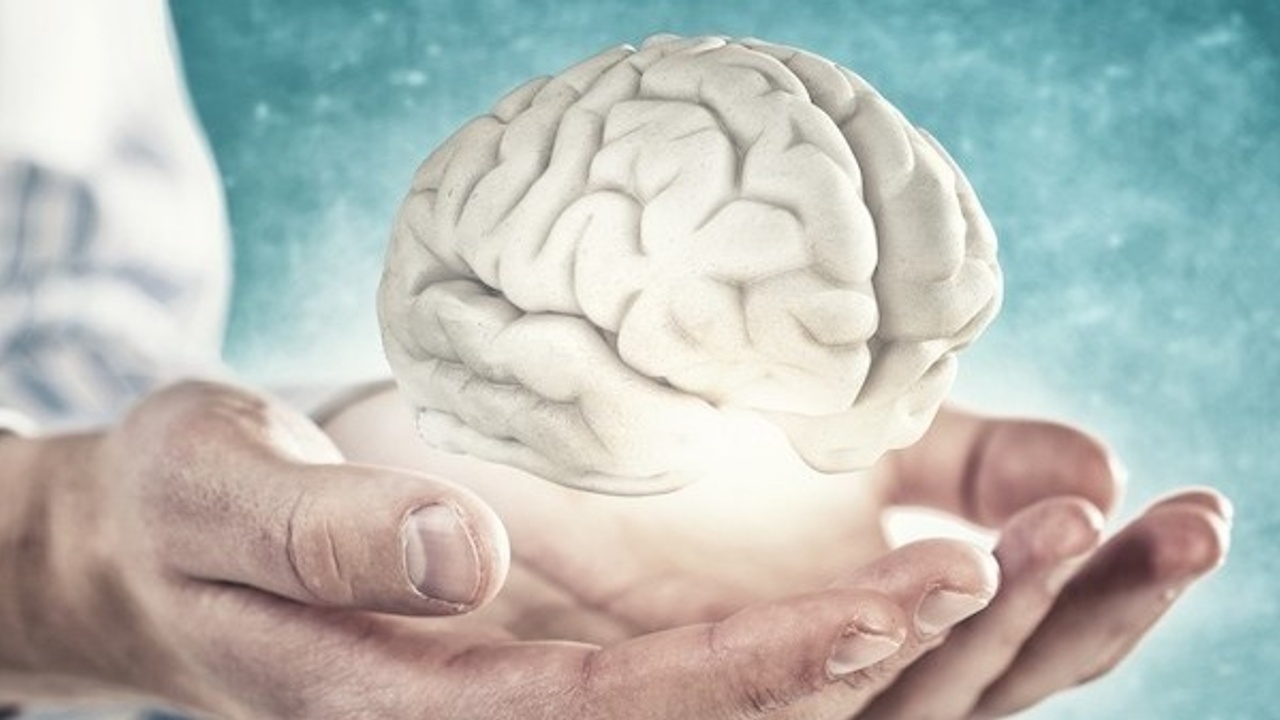Mental model, Mindset and Mindfulness

There are three cognitive concepts that particularly inform the coaching process –mental model, mindset and mindfulness. These three concepts are instrumental in influencing the outcomes of contemporary coaching practice.
Mental model: To change the coachee’s mental model of the world, coaches use cognitive reframing (or restructuring) to help them understand their inner world and how it relates to the external world. Coachees learn to untrain their brain by emptying it of preconceived assumptions and beliefs about people and situations so they can develop a more positive attitude towards life. The process of cognitive reframing releases the coachee’s mental constraints and elevates their brain so they become wiser and more compassionate in relation to self and others. Coachees experience behavioural change as their neural pathways re-form into new patterns and routines of behaviour.
Mindset: Once the coachee’s mental model of the world has been reframed into a more positive attitude and approach to life, the coach needs to address their mindset. The coach encourages the coachee to talk about their strengths, their positive experiences, friends and emotions, to transport them into a different ‘head space’ in which they focus on what’s going ‘right’ in their life rather than on what’s going ‘wrong’. The coachee is encouraged to align their mental model with a more positive approach to finding happiness in life. Coaches assist coachees devise new, positive ways of behaving and acting, looking for growth opportunities in which they can achieve their potential. To be successful, the coachee needs to believe in their own ability to take actions to solve their problems and achieve their goals. They need to be ready and willing to make changes in their life. The coach also needs to hold a positive mindset in relation to the coachee and the success of the coaching session. A positive mindset has been identified by the International Coaching Federation as an essential core competency of a coach when working with coachees.
Mindfulness: The third key concept used in positive psychology coaching is mindfulness. Mindfulness techniques are used to encourage coachees to become more present and engaged in the change process. Mindfulness is a form of meditation which encourages self-awareness of who coachees are and what they stand for, and generates insight into how they can move forward to achieve their dreams. Mindfulness enables coachees to self-regulate their negative emotions and regain self-control. Continued mindfulness leads to resilience – the ability to cope and function no matter what the circumstances. Using these techniques leads to more successful coaching sessions and positive life outcomes. Coaches also practice mindfulness during coaching so that they too are fully present with coachees and can assist them achieve their coaching goals. The coach notices, pays attention to, focuses and concentrates on, the coachee’s story. They are each fully present ‘in the moment’ without any thought of the past or future.
When coaches are mindful, they pay attention to what’s happening around them, and to what the coachee is saying and not saying. They remain observant to the coachee’s non-verbal behaviour as well, which may indicate what they are thinking and feeling but not saying. They suspend their thoughts, feelings and any reactions to what the coachee is saying, to avoid making judgments or jumping in with suggestions for actions or improvements. In other words, coaches hold the coachee as the expert in their life, fully responsible for the part they have played in creating their situation. The coach remains vigilant and notices what’s happening ‘in the moment’, staying fully ‘present’ during the interaction without being distracted by anything or anybody around them.
If you are interested in learning more about how to help others develop a positive mental model and mindset, and then to practice mindfulness, visit www.professionalcoachtraining.com.au to download information on the Diploma qualifications we offer. Then contact us to learn more.



